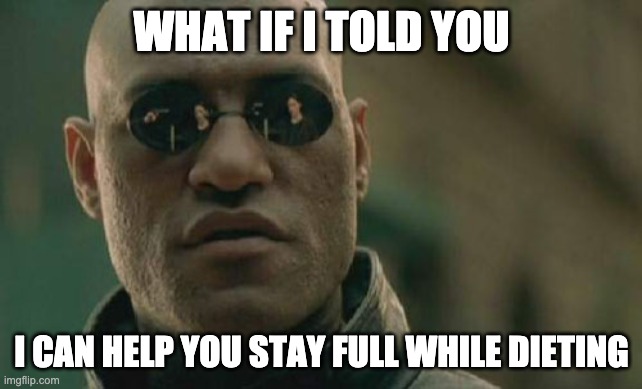|
Running a marathon is no small feat.
It requires an extraordinary amount of muscular endurance, aerobic fitness, time, effort and grit. This is why so many people looking for a way to challenge themselves both mentally and physically set their eyes on the 26.2 mile race. However, for those of you like myself who have spent an incredible amount of time in the gym trying to cultivate mass in the form of muscle tissue, the idea of spending multiple hours a week running can be scary and off-putting. It's no secret that long duration aerobic exercise is not the best way to build muscle - or even maintain muscle. In fact, in many situations it can often have the opposite effect. Muscle is not easy to build, and if you have spent any significant amount of time trying to build muscle, you can attest to that. So naturally, the last thing you would want to do is sacrifice any of that hard-earned muscle. However, I am here to tell you that you can run a marathon without losing muscle. I know because I did it. In 2019 I ran the Bataan Memorial Death March in just over 4 hours (a marathon through tough desert terrain meant to honor American and Philippine POWs during WWII - read more about it here) AND I squatted 465 pounds, deadlifted 505 pounds (PR), and bench pressed 315 a couple days before the race. Safe to say I didn't lose much muscle.. I am going to breakdown step by step how I did it, and how you can cross running a marathon off your bucket list without losing any muscle.
1 Comment
Let's face it - most supplements are overhyped, overpriced and under-researched. However, there are a few that have stood the test of time and have an overwhelming body of scientific evidence to support their efficacy in improving performance, and caffeine is definitely one of them.
If you've ever seriously tried to lose weight, then you know how it goes. Sometimes it can seem like you are never full and are existing in this constant state of hunger - it can really suck, let's be honest. However, I've got some tips for you to help manage that hunger and make the process a little easier.
What is fasted cardio?Fasted cardio is basically exactly what it sounds like - you do some type of cardiovascular activity in a fasted state. Usually this is done by fasting through the night (while you're sleeping) and doing cardio first thing in the morning before you consume any type of calories for the day.Trying to figure out your nutrition can be difficult - I get it.
Nutrition is a topic that tends to get over complicated. Not to mention the fact that there is a never ending supply of misinformation being spread by people trying to make a quick dollar. It can all be overwhelming, and it seems that the more you research the muddier the water starts to get. |
Archives |




